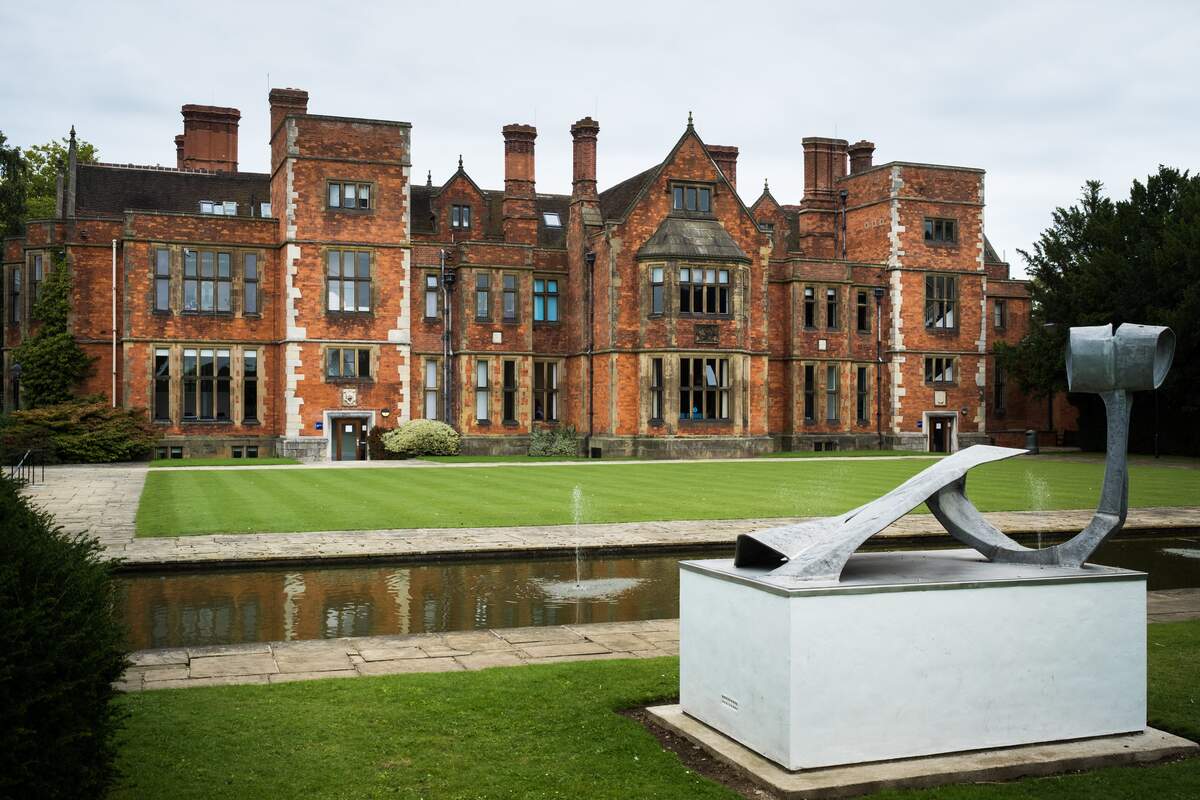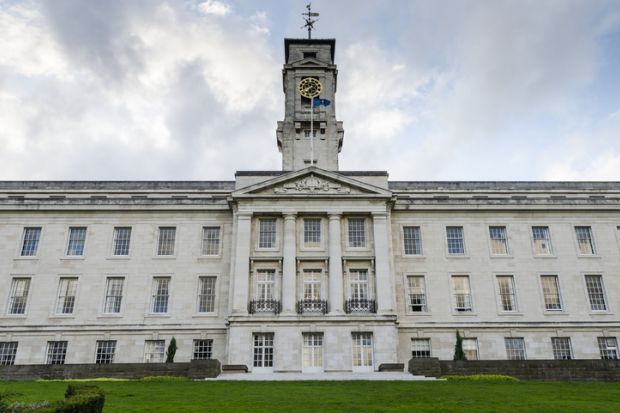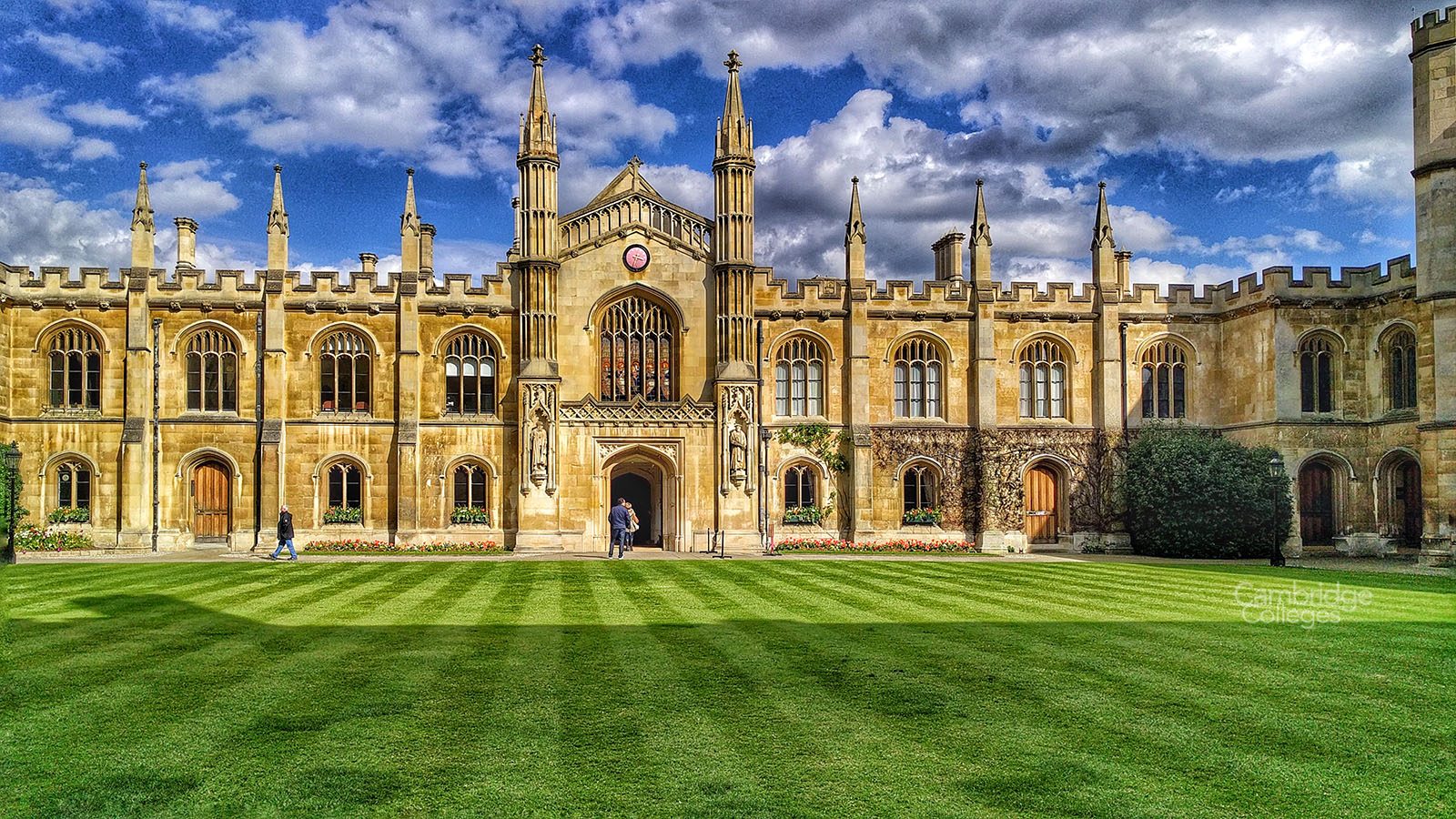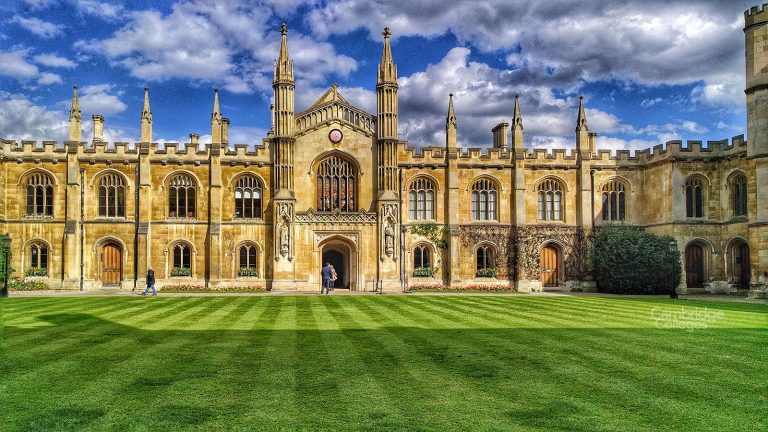The United Kingdom has long been recognized as one of the best destinations for studying linguistics, attracting students from across the world who are eager to explore the science of language. With globally respected universities, advanced research facilities, and a rich tradition in the study of English and other world languages, the UK offers an unparalleled environment for academic excellence in linguistics. In 2025, the top universities for linguistics in the UK stand out for their strong academic reputation, diverse course options, world leading faculty members, and excellent career opportunities for graduates. From language acquisition and phonetics to sociolinguistics and computational linguistics, students can find programs tailored to their interests and goals.
The best schools for linguistics in the UK not only provide high quality teaching but also open doors to cutting edge research, collaborations, and international exposure. Studying linguistics in the UK gives students a competitive advantage in careers such as translation, education, artificial intelligence, communication, publishing, and research. With universities like Oxford, Cambridge, and other leading institutions consistently ranking among the best for linguistics, the UK continues to be a hub for aspiring linguists. This ranking of the top ten schools to study linguistics in the UK in 2025 highlights the universities that combine academic excellence, strong graduate employability, and global recognition, making them the top choice for anyone pursuing a degree in linguistics.
The Top Ten Best Schools To Study Linguistics In The UK (2025)
10. University of York

York blends robust teaching with lively research in language sciences. The Department of Language and Linguistic Science offers modules spanning phonetics, sociolinguistics, psycholinguistics and language acquisition, allowing students to tailor studies around analysis of speech sounds, language variation and bilingual development. Practical training in acoustic analysis and experimental methods sits alongside options in corpus work and applied linguistics so learners can build skills that transfer into speech technology, language teaching and research careers.
York places strong emphasis on student experience and research informed teaching, and league table placements for linguistics confirm consistent national recognition. For applicants who want a course that balances theoretical rigour with hands on laboratory and corpus experience York is an excellent choice.
9. University of Sheffield

Sheffield offers a carefully structured linguistics pathway within a vibrant faculty environment. Teaching covers core areas such as phonetics, syntax, semantics and discourse analysis while research clusters bring together sociolinguistics, multilingualism and language evolution. The department supports practical projects that use corpus data and experimental techniques so students gain confidence in both qualitative and quantitative methods.
Sheffield also promotes interdisciplinary collaboration with psychology, education and computer science which benefits anyone interested in computational linguistics or language processing. Graduate employability is a central focus with opportunities for placements, public engagement and research projects that make CVs stand out for roles in education, publishing and language technology.
8. University of Sussex

Sussex delivers a modern approach to language and English studies with strong research performance in areas such as language variation and applied linguistics. Programmes encourage students to investigate how language operates in social contexts and how it changes over time, with options in phonetics, pragmatics and discourse studies. The department highlights research impact and offers students access to experimental methods and field work that complement classroom learning.
For those interested in applying linguistic insight to language policy, communication or digital text analysis Sussex provides tools and supervision that support projects in corpus linguistics and computational text analysis. The course structure promotes independent research and prepares graduates for careers in research, media and language services.
7. University of Manchester

Manchester ranks among the UK top ten for linguistics and brings a wide spectrum of expertise. Core modules address phonology, morphology, syntax and semantics while optional pathways support work in psycholinguistics, sociolinguistics and language acquisition. The department trains students in quantitative methods and experimental design so those aiming for careers in speech science or AI driven language projects can pick up essential data skills.
Strong links with cognitive science and computer science create natural pathways into computational linguistics and natural language processing. Manchester also promotes placement and research option opportunities that bridge academic study and employer needs, helping graduates move into research, teaching and language technology roles.
6. University of Nottingham

Nottingham provides a rich network of modules across language, English and linguistics with solid research credentials. The school encourages study of variation and change, historical linguistics, discourse and pragmatic studies. Students benefit from the university wide strengths in data driven research and from collaborations with digital humanities and social science teams.
Nottingham is well placed for students who want to combine theoretical study with practical skills in corpus analysis and textual annotation. Employer connections and strong career services help graduates convert academic skills into roles in publishing, language policy, research and technology. The environment supports independent projects and placements that strengthen employability.
5. University College London

UCL is a major centre for experimental and theoretical linguistics in London. The department offers a wide range of modules covering phonetics, corpus linguistics, semantics, psycholinguistics and computational approaches. Research labs focus on speech science, brain imaging and perception, giving students access to specialist facilities and to supervisors whose work sits at the intersection of language and cognitive neuroscience.
That practical exposure is valuable for anyone aiming for careers in speech technology, language assessment or academic research. The London location also expands internship and collaboration possibilities with technology companies and cultural institutions, making UCL attractive to students seeking strong empirical training and clear pathways into applied work.
4. University of Edinburgh

Edinburgh has a long standing reputation in language and English studies with global recognition for linguistics research. Programmes combine rigorous theoretical modules in syntax and semantics with applied topics such as sociolinguistics, phonetics and language acquisition. The school performs strongly in international ranking measures for linguistics and research assessments.
Students find opportunities to work on field studies, experimental projects and corpus based research which together build expertise suited to careers in education, research and language consultancy. The intellectual community includes experts in language change and variation as well as in computational approaches, so students can shape degrees that reflect both tradition and innovation.
3. Lancaster University

Lancaster is notable for its concentration of language science research and for very high subject ranking performance. Teaching spans classical core topics alongside applied and computational strands including corpus linguistics, experimental phonetics and language processing. The department supports hands on training in acoustic analysis and computational methods so students can develop technical know how for speech technology and natural language research.
Lancaster has a strong international profile for linguistics which helps when applying for postgraduate research or for roles with research intensive employers. The programme design encourages project based work and close supervision which suits those who want both methodological depth and clear career oriented outcomes.
2. University of Oxford

Oxford offers rigorous training across a broad suite of language disciplines and provides rich resources for both historical and modern study. Students can combine language study with deep theoretical exploration in areas such as phonetics, phonology, syntax and semantics. Oxford also supports specialist training in philology and historical linguistics and offers pathways into brain and speech research.
The academic environment is highly selective and research led, with access to extensive library holdings and experienced supervision. Graduates benefit from strong international recognition and from networks that open doors to research, teaching and specialist roles in language technology and heritage sectors.
1. University of Cambridge

Cambridge sits at the forefront of UK linguistics with a programme that blends theoretical clarity with empirical investigation. The curriculum covers core areas such as phonetics, phonology, syntax, semantics and pragmatics while also supporting computational and experimental projects. Interdisciplinary links with computer science, neuroscience and psychology let students explore language in relation to cognition and AI.
The department encourages independent research and offers exceptional supervision, making it an ideal base for those who aim for postgraduate study or research intensive careers. Cambridge graduates enjoy strong employability across academia, industry and public sector roles where deep understanding of language and data driven research are required.


https://shorturl.fm/8pICd